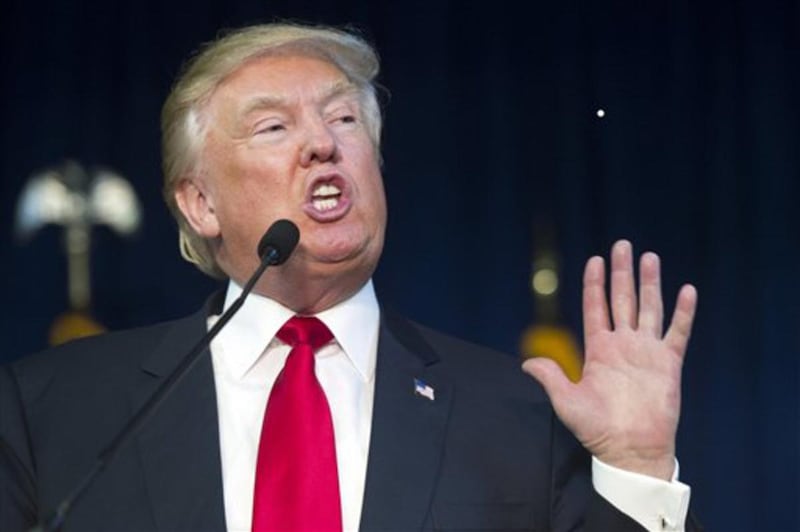In explaining one of his radical positions of the day, Thomas Jefferson once wrote that: “The legitimate powers of government extend to such acts only as are injurious to others. But it does me no injury for my neighbor to say there are twenty gods, or no god. It neither picks my pocket nor breaks my leg.” Given this sentiment, it is no surprise that one of Jefferson’s proudest acts was crafting a religious freedom law for Virginia that disestablished the Anglican Church.
Jefferson might have been surprised that the debate over religious freedom still rages over 200 years after he wrote that statute and the First Amendment was added to the U.S. Constitution. But indeed it does. Despite the intent of early American political leaders to instill religious freedom through the First Amendment, as Americans we still have difficulty recognizing such a right.
The First Amendment defends religious freedom by prohibiting Congress from making a law that limits the free exercise (or practice) of religion and by not allowing Congress to establish a religion. (In other words, the federal government cannot play favorites in the field of religion.) The Supreme Court subsequently has interpreted that to mean no favoritism of religion over no religion, thus granting atheists, agnostics, or non-practitioners equal status with practicing believers in the eyes of the Constitution.
The United States has been at its worst when religious freedom is in jeopardy. The burning of Catholic churches, the attempts to force Jehovah’s Witness children to salute the flag contrary to their religion, the passage of anti-proselytizing ordinances, and the attempted extermination of Mormons from Missouri were black marks on the history of the United States. But all of this is not simply behind us.
Unfortunately, religious freedom is no less in danger today than it was in the past. When Donald Trump, the front-runner for the Republican presidential nomination, calls for banning all Muslims from entering the United States and suggests that mosques should be under scrutiny or even shuttered, religious freedom is on thin ice. Nor is he alone. Ben Carson, another Republican presidential candidate, has declared that a Muslim should not be elected president. (This despite Article VI of the Constitution that bans a religious test.) And Ted Cruz, still another Republican presidential candidate, said he would impose a religious test on Syrian refugees — allowing Christians to enter the U.S., but not Muslims.
Also unfortunately, those who yell loudest for religious freedom for conservative Christians are strangely silent when such rhetoric about Muslims dominates political discussion. Such silence sends the message that religious freedom is only for a select group. It does not apply to minorities, particularly ones that may be socially unpopular. Advocates of religious freedom for Christian conservatism should be publicly condemning remarks by Trump, Carson and Cruz, as well as others, who are quick to cast religious freedom aside when it applies to others.
Such a call is not likely, however, since many of these same advocates of religious freedom feel the greatest affinity for these candidates. They appreciate the appeals these Republican candidates (as well as others) are making to them on religious grounds. Therefore, they are reticent to attack a candidate who well may become their party’s presidential nominee.
However, it is hypocrisy, plain and simple, when vociferous complaints are made about religious discrimination against Christians, but no such call is made when the religious liberty of Muslims is threatened. Religious freedom must be applied to all — both the popular and the unpopular. Mormons, Catholics, Jehovah’s Witnesses and other minorities can attest to the need for universal religious freedom.
Those who truly value religious freedom (and not just for themselves) will call out Trump, Carson, Cruz and others for their rhetoric. Hopefully, they will do so before such rhetoric becomes reality and religious freedom for Muslims in the United States is a memory. That will be a sad day for Muslims, as well as for the rest of us. That’s because we then will be painfully reminded that all it takes for a believer to lose the right to worship and practice religious beliefs is unpopularity.
Richard Davis is a professor of political science at Brigham Young University. He is the author of "The Liberal Soul: Applying the Gospel of Jesus Christ in Politics." His opinions do not necessarily reflect those of BYU.


